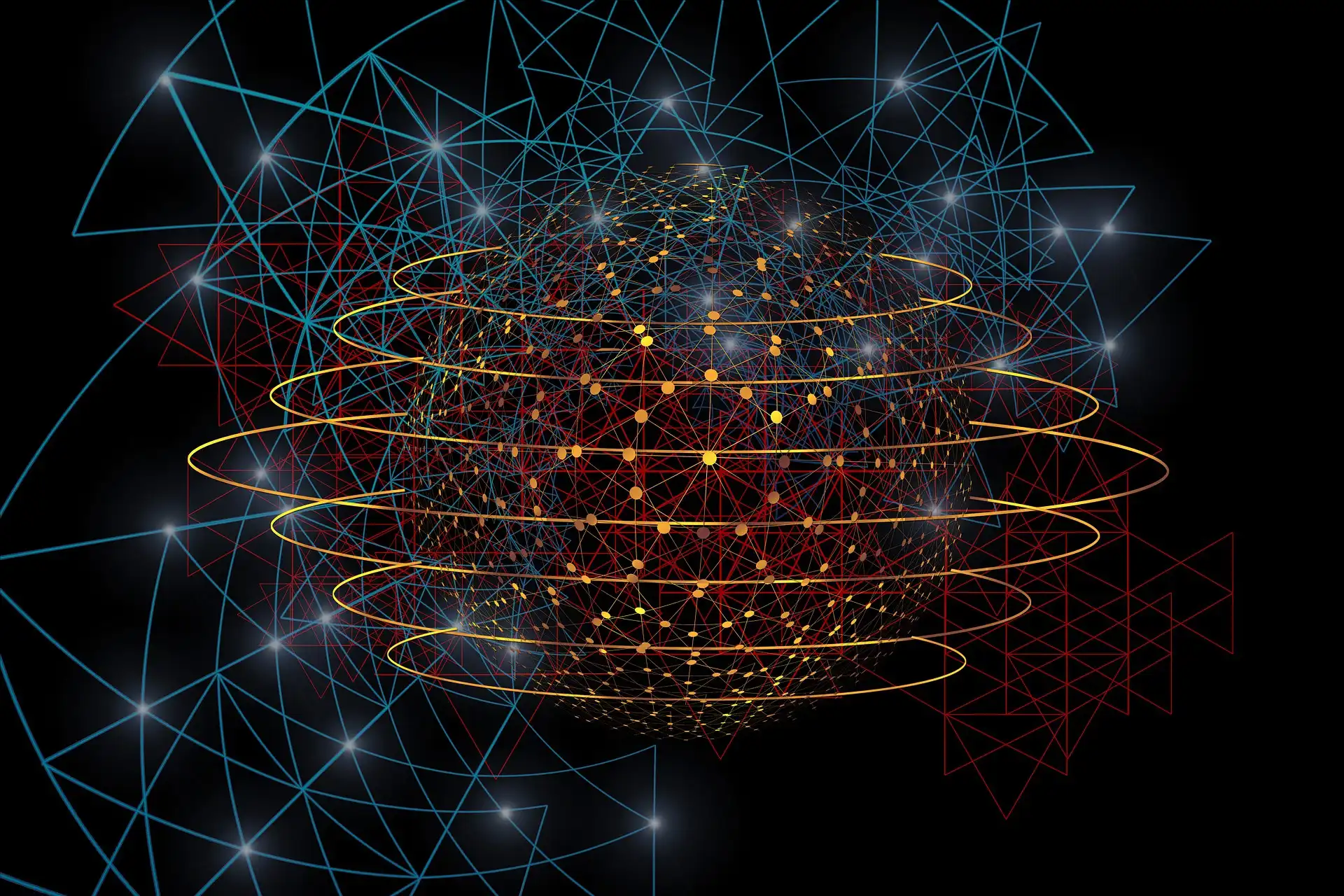AI technology has taken significant strides in recent years, resulting in a variety of companion apps and personal assistant software. However, with this rise in technology comes potential threats to personal privacy and data security, with AI girlfriends being a prime example of this dilemma.
These AI companions are built to simulate human interaction, delivering personalized responses based on user input. This level of interaction requires a distinct level of data collection, collected legally in order to function. However, this raises questions about the extent of the data collected and how it is used and stored.
The data they collect is not limited to the information users willingly provide. They also collect data that users may unknowingly divulge during their interactions. This includes private conversations, intimate details, and even images shared with the AI.

AI companions are also capable of recording non-verbal cues such as typing speed, tone of text, and time spent interacting with the device. This wealth of information can paint a highly accurate and complex image of the user, revealing things like personal habits, sleeping patterns, and emotional state.
Data Harvesting in Cyberspace
The collection of such intricate, detailed data raises inevitable concerns regarding security and privacy. Certainly, these companies promise secure storage and usage of user data, but potential vulnerabilities still exist. If the data isn’t properly handled, protected, and stored, it can pose a severe threat to user privacy.
Moreover, there are questions over how this data is used. Users may be giving explicit permission for it to be collected, but there can be ambiguity over whether they’ve given informed consent regarding how it is used. A user’s data could be used for targeted marketing, sold to third-party companies, or even misused inside the company.
More worrying is the potential for a data breach. Highly personal, sensitive user data falling into the wrong hands could lead to several potential problems, like identity theft and online harassment. In the worst-case scenario, this data might be used for illegal activities, causing severe damage to innocent individuals.
Even without a data breach, users are essentially providing companies with a wealth of information about their habits, preferences, and personalities. This can, often inadvertently, result in companies possessing more personal information about their users than users may realize.
Empathy, connection, and emotional vulnerability
AI companions are designed to form emotional bonds with their users which inevitably leads to a more intensive data harvest. This is due to the user’s increasing comfort level with the AI, leading to the divulgement of more intimate and personal information.
In addition, it’s not uncommon for users to form relationships with their AI companions. These relationships can be therapeutic for some, but they increase the risk of users sharing a wealth of highly personal information with a computer.
While human interactions remain a complex blend of verbal and non-verbal cues, boundaries, and tacit understandings, AI interaction is pure data collection. Every interaction, however intimate or random, becomes a data point to be analyzed, categorized, and stored.
Moreover, AI companions can be programmed to respond empathetically, increasing their appeal to users who may be suffering from loneliness or dealing with complex emotions. The deeper emotional connection further encourages users to share more.
Privacy Concerns and Public Awareness
Contrary to many people’s belief, there are quite a few practical implications of these potential privacy risks. It is imperative for users to understand the extent of their sacrifice when they offer their data in exchange for the benefits of AI companions.
Users need to be conscious of the information they disclose to AI girlfriends and the like. This includes being vigilant in reading and understanding the terms of service and privacy policies prior to using these apps, keeping in mind that 'free' services are often paid for with user data.
Moreover, the public must be educated about the extensive data collection and analysis methods employed by these app companies. This requires transparency from the companies, working to reassure users that their data is being used responsibly and securely.
With education and public awareness, users can make informed decisions about how much data they share. Open conversations can encourage companies to be more transparent about their data collection practices, perhaps even leading to changes that prioritize user privacy.
Future of Artificial Intelligence and Privacy
The future of AI companionship and its interaction with user privacy raises probing questions. As the technology advances, so too do the risks. Users must be aware of these growing concerns and digital citizens must work toward diligent data management and privacy protection practices.
Regulation and oversight are crucial, not just to protect personal data but to ensure that AI development aligns with ethical principles. Robust policies and safeguards must be put in place to ensure that user data is respected and protected, and AI companies held accountable for breaches.
Data privacy and security need to be given as much importance as functionality in AI development. Until significant changes are implemented, monotonous awareness discourse, relentless questioning, and demanding transparency from these companies should be the norm.
In conclusion, the rise of AI girlfriends presents a compelling narrative about the intersection of technology, data privacy, and social interaction. This powerful convergence begs us to stay vigilant, educated, and critical about our rapidly evolving digital world.